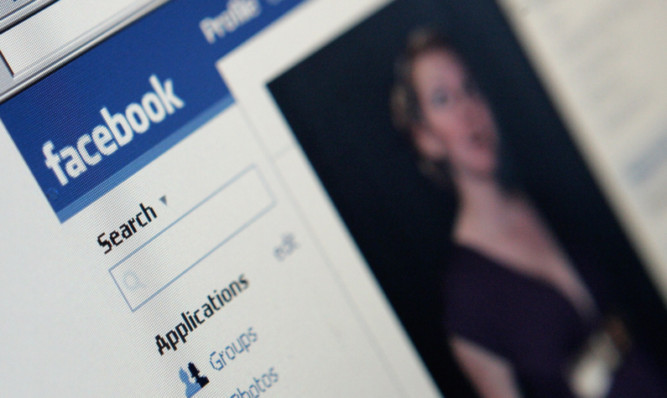Facebook could be spreading unhappiness through society as well as keeping people connected, research has shown.
The number one social networking site is strongly associated with declines in well-being, psychologists claim.
Scientists found the more time people spent on Facebook over a two-week period, the worse they subsequently felt.
In contrast, talking to friends on the phone or meeting them in person led to greater levels of happiness.
Study leader Dr Ethan Kross, from the University of Michigan in the US, said: “On the surface, Facebook provides an invaluable resource for fulfilling the basic human need for social connection.
“But rather than enhance well-being, we found that Facebook use predicts the opposite result it undermines it.”
The researchers recruited 82 young adults, all of whom had smartphones and Facebook accounts.
To assess their personal levels of well-being, participants were sent questions by text message at five random times each day for two weeks.
The “experience sampling” technique is a recognised reliable way of measuring how people think, feel and behave in their day-to-day lives.
Participants were asked how they felt “right now”, how worried or lonely they were, and to what extent they had been using Facebook or interacting with other people directly.
Writing in the online journal Public Library of Science ONE, the researchers said higher levels of Facebook use correlated with greater loss of well-being.
Volunteers were also asked to rate their level of life satisfaction at the start and end of the study.
Over the two-week period, satisfaction ratings were found to decline the more people used Facebook.
“This is a result of critical importance because it goes to the very heart of the influence that social networks may have on people’s lives,” said University of Michigan neuroscientist and co-author Dr John Jonides.
There was no evidence that people were more likely to log into Facebook when they felt bad, said the researchers.
In addition loneliness and Facebook both had an independent impact on happiness.
“It was not the case that Facebook use served as a proxy for feeling bad or lonely,” said Dr Kross.
Further research is planned to look at the psychological reasons for the negative effect of Facebook on well-being.
